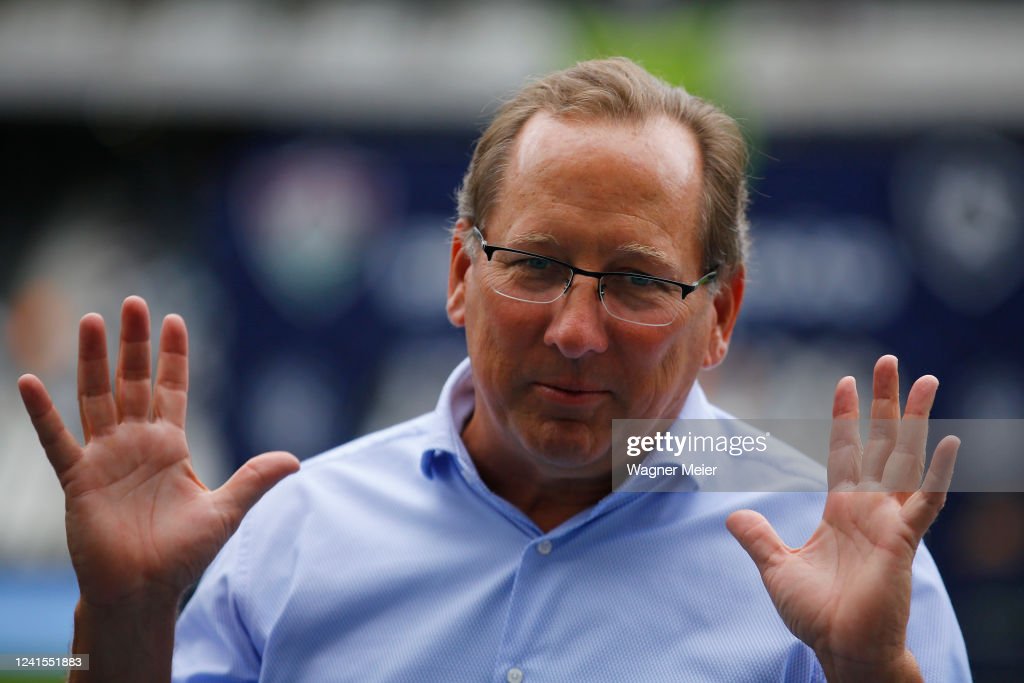The beating Florida sun of July 1978 set the scene for the Pepsi Skateboard Team Challenge.
Young talented skateboarders across America stepped up to the ramps clad in helmets and knee pads to wow audiences with their squatting nose G-turns and their 8-wheeler ingenuities.
Amongst the contestants in the Boys Freestyle category was a twelve-year-old fair haired red-cheeked boy named John.
Nearly 1500 miles away from his hometown Kirksville, Missouri, the young boy clinched first prize.
His name was John Textor, and he had a promising skating career ahead of him.
He was "one of the few [skaters] who surpassed the eight-time world champion Rodney Mullen in freestyle competitions during the turn of the 70s", with Textor dominating the Florida skating scene as part of the legendary Sims Skateboarders group.
But like so many promising young athletes, an injury set his life on a new path.
A severe head collision during a competition in the mid-1980s hospitalised the then-early twenties prodigy, which was enough for John to live his life permanently on two feet instead of four wheels.
But fate works in peculiar ways.
Over three decades later, Textor now holds significant ownership in multiple football clubs across the world as part of his growing of a multi-club footballing empire.
How did Textor begin this empire?
After his skating days ended, Textor developed an interest in technology and would gradually grow a tech empire long before he dipped his toes into the world of sport.
He acquired visual effects company Digital Domain in 2006, notable for creating Oscar-winning graphics for films such as The Curious Case of Benjamin Button as well as the famous but controversial Tupac Shakur hologram which graced Coachella music festival in 2012.
While Digital Domain went bankrupt later that year, Textor kept his fingers in the pie of technology and formed Pulse Evolution, another technology company specialising in creating hyper-realistic digital persons and virtual reality.
Through this Textor resurrected another musical superstar - this time Michael Jackson had the posthumous privilege of moonwalking again at the 2014 Billboard Music Awards thanks to Pulse Evolution’s technology.
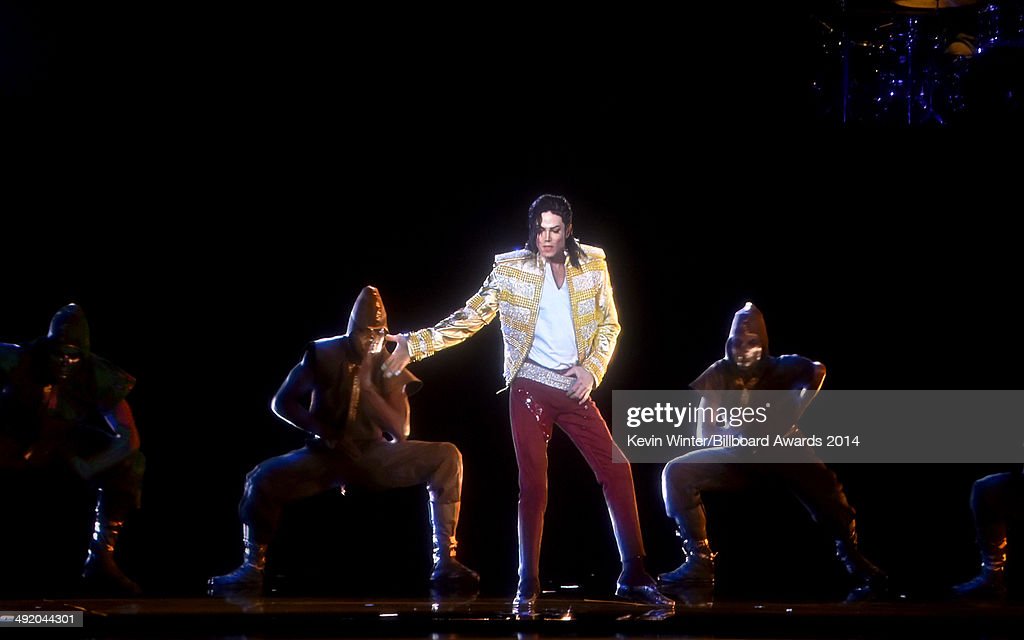
This company was rebranded as Facebank Group in 2019 and in April 2020 acquired fuboTV, a streaming service focusing on showing live sports including the Premier League, the NFL and NBA among other sports.
With Textor as its chairman, the group was valued in excess of $6 billion less that two years after Textor’s acquisition.
Textor resigned as chairman of fuboTV quite quickly after its acquisition.
He had a new business venture he wanted to pursue – football.
“My football plan is to create an eco-system”
The ‘virtual reality guru’ now heads a holding company which has significant ownership in football clubs across the world.
Crystal Palace (40% share) was Textor’s first investment in August 2021, then Brazilian Serie A outfit Botafogo (90%) and Belgium second division side RWD Molenbeek (80%) which he acquired within the same week in January 2022.
Most recently was his reported $846 million investment into Ligue 1 giants Olympique Lyonnais (40%).
Within the space of less than a year Textor has established a promising footballing empire, under his holding company Eagle Football LLC named in reference to the Eagles of Crystal Palace.
Following Textor’s acquisition of 40% of Lyon, he set the tone for his empire:
"My football plan is to create an ecosystem of cooperative top-tier clubs that will benefit from the sharing of a global footprint of talent identification.
“As I continue to be concerned the competitive dominance of state-owned teams, and other wealthy clubs, is damaging to the greater football landscape of community driven clubs.
“I am merely hoping to demonstrate that alternative approaches to competitiveness must be explored and encouraged.
"The idea that clubs and communities can collaborate to help each other is something that we should celebrate."
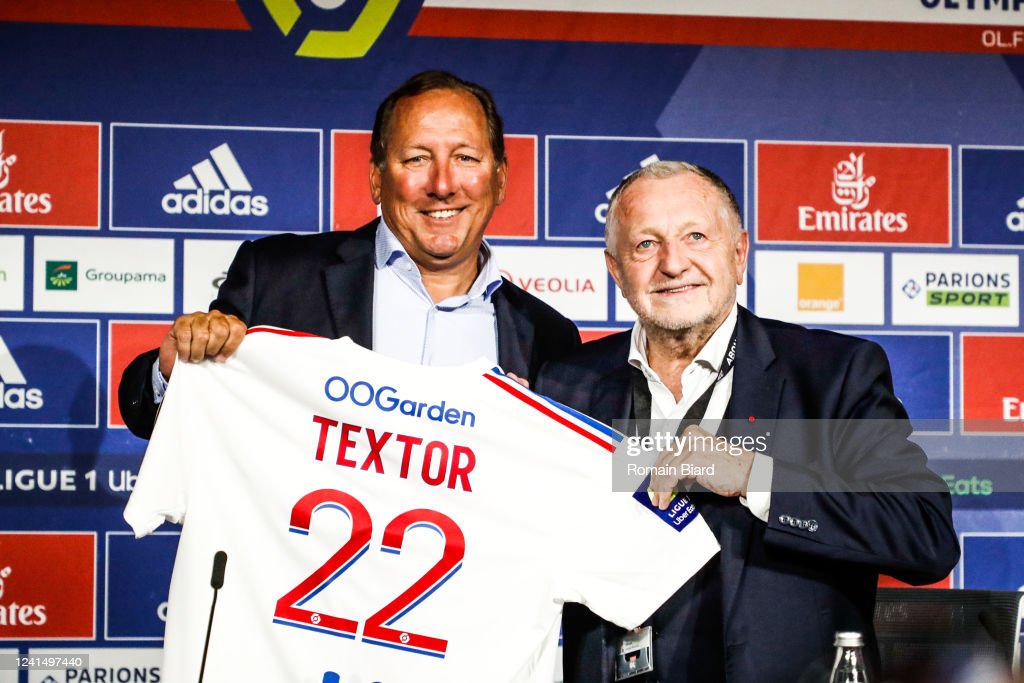
Textor suggests that his approach to multi-club ownership (MCO) can challenge the dominance of state-owned teams through his so-called ‘eco-system’ of football clubs.
His focus on community and collaboration seems like a breath of fresh air in a football world centred on profits and business.
However, just how is John Textor’s ‘eco-system’ footballing empire so different to the likes of the City Football Group?
Can the man who brought Michael Jackson back from the dead really be the man to revolutionise the growing trend of multi-club ownership?
Multi-club Ownership – a growing trend
Multi-club ownership is becoming a common occurrence in world football, most notably the City Football Group which has shares in the likes of Manchester City, Girona and New York City FC as well as Red Bull GmbH who own RB Leipzig, Salzburg, and New York Red Bulls.
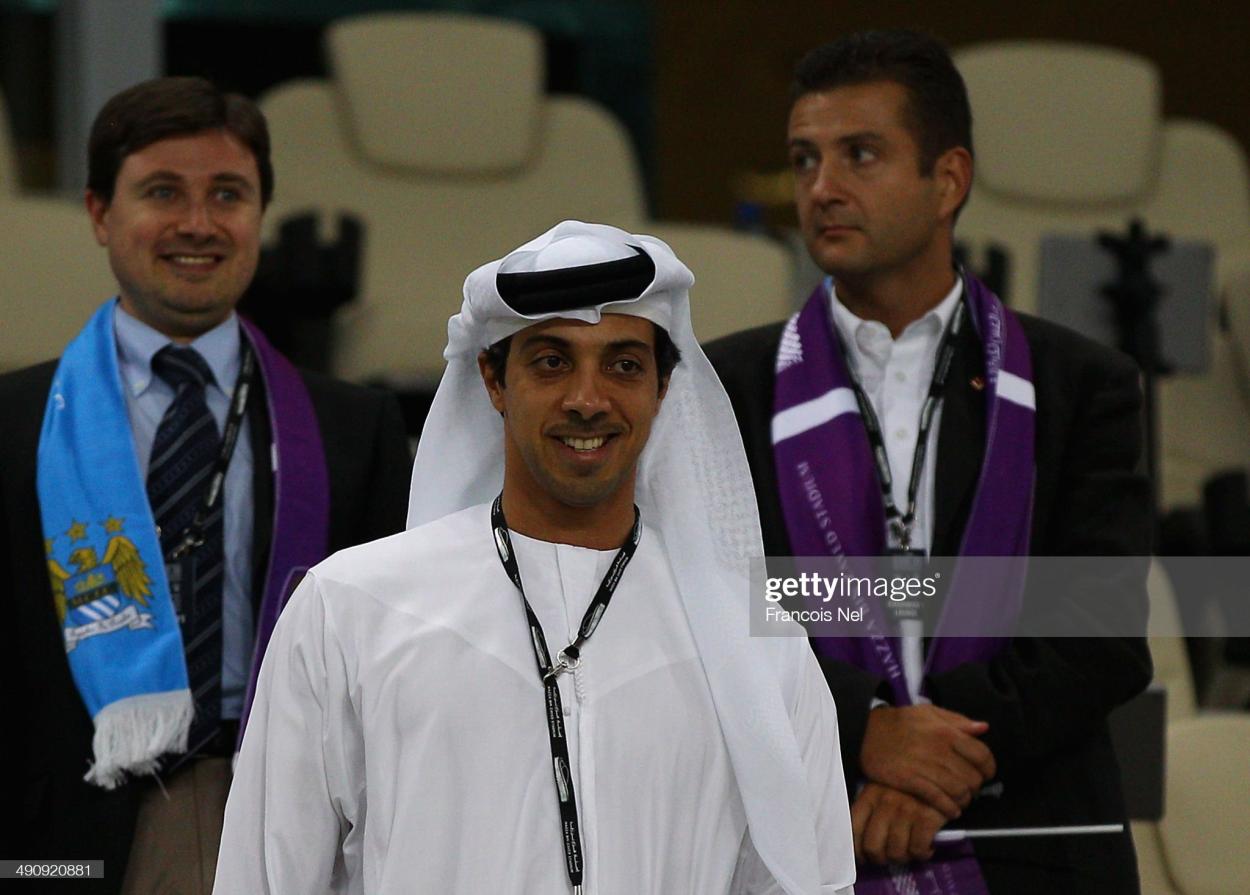
The concept of multi-club ownership has been a controversial talking point in the world of football, with the model often being criticised for giving clubs involved in MCOs advantages.
The Italian Soccer Federation (FIGC) even banned multi-club ownership across Italian football after Salernitana’s promotion to Serie A as Claudio Lotito owned both the new Serie A side and established top-flight outfit Lazio.
This is not a model that is universally praised.
The business model’s critics also argue that MCOs foster monopolies in the sport and create ‘feeder clubs’ whereby smaller clubs are pillaged of their best talents by larger parent clubs.
Antonia Hageman, the CEO of Supporters Direct Europe noted to playthegame.com that MCOs could cause “the end of transfers as we know it as there could only be transfers between clubs. As a player you can start off with a feeder club and move up to a parent club, but this promotes inequality and poisons the competitiveness of the market”.
Pedro Porro, for instance, joined Man City from Girona, both clubs in the City Football Group consortium.
Taking one of Girona’s standout players of the 2018/19 season, sending them to City and then loaning him out to another club (Real Valladolid) does little for the player’s development and benefits City who banked on his potential and hoped he would return a City-level player.
Hageman continues, “If you have this group of clubs that trade between themselves and shift players back and forth it is cheaper and puts them at a competitive advantage.”
Textor’s ‘eco-system’ Alternative
But Textor maintains that his consortium is not like this and his model reflects this collaborative eco-system which will mutually benefit all clubs in his consortium.
He reiterates that he intends to maintain his clubs’ integrity as well as the integrity of the leagues in which they play.
“No club should ever be a feeder to another club,” Textor notes in an interview with his club Botafogo, “[Brazil] is its own country, they have their own passions they have their own history.
“I can't hijack that and say, ‘Oh you know I’m gonna take all of your best and send them to Crystal Palace’, like why would I do that?
“It's a fear. It's a rational fear but it's not a logical fear because when you're talking about the collaboration of top tier clubs I think there's more opportunity to use this global footprint and these shared resources to efficiently access talent”.
So, Textor has no intention of favouring his more established sides by flooding them with his lower sides’ finest assets.
This has been seen recently with Crystal Palace’s signing of nineteen-year-old Luke Plange. The former Derby County forward came to the south London side as a quite highly-rated striking prospect, with the additional bonus of a small fee.
He has since been loaned to Textor’s RWD Molenbeek, a decision that was met with controversy amongst Palace supporters.
Plange performed well in pre-season in red and blue, with many Palace fans seeing him as ready to help Patrick Vieira’s side this season in both cup competitions, as well as adding suitable depth to help the team in a fixture-disrupted season.
But his loan to the Belgium side, along with Palace academy player Jake O’Brien, had Textor being accused of aiding his club assets rather than focusing on player development.
It must be noted that Plange is a relatively unproven asset with only just over half a season's worth of Championship games last year.
His performances were notable though, with four goals and an assist for Wayne Rooney’s Rams being enough for Palace to splash the £1 million to buy him.
He is, however, completely unproven in top-flight football so a loan outside the Premier League was not a shock, but the Belgian second division was seen as a bar below his current standard.
Is this Textor exploiting the relative wealth of talent in his Premier League side to benefit his lower sides at the expense of player development?
Probably not.
Plange will get the minutes his developments requires and Molenbeek have been tipped to be in the mix for promotion to the Belgium top-flight.
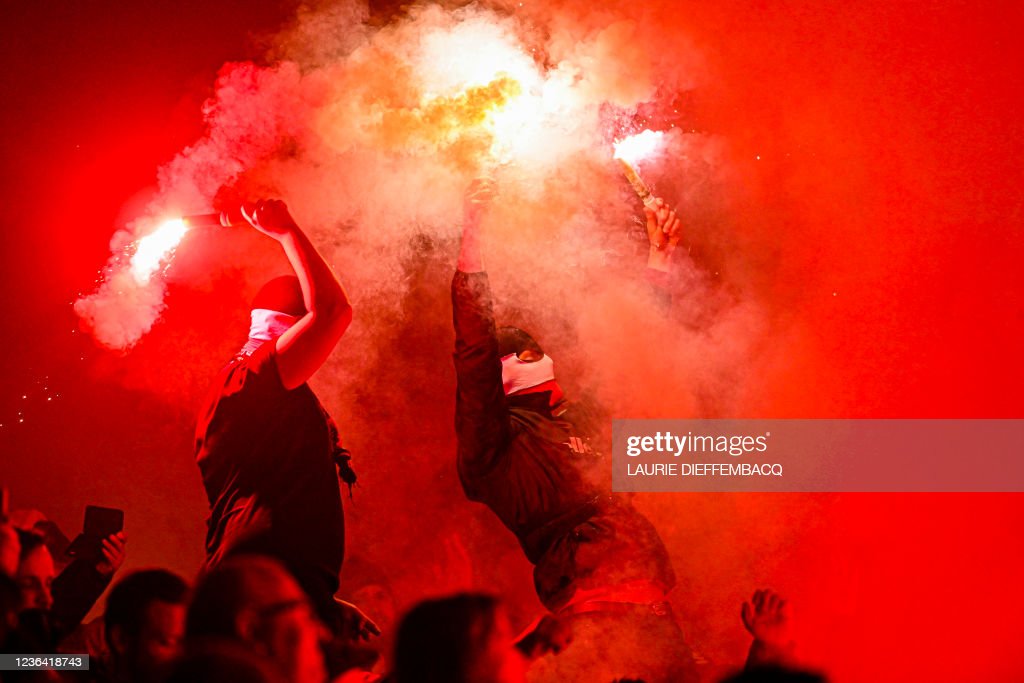
This seems to fit Textor’s ‘eco-system’ ideology. Plange would have played only a bit part in Palace’s season if he was to stay at Selhurst Park.
Now he could help a team push for promotion and give him and O’Brien experience they would not have gotten if they had stayed.
This in turn benefits Textor’s empire and the clubs within it.
Some may counter this by arguing that a Championship club or League 1 loan may have benefitted Plange more, but loans are never guarantees of success and Textor would see this move as mutually beneficial to Palace, Molenbeek and his growing empire.
This situation thus differs to the likes of Porro’s transfer between Manchester City and Girona.
Plange joined Molenbeek on loan meaning should he have a successful loan spell, Palace will reap the rewards of an improved asset when he returns.
Molenbeek meanwhile will have benefitted due to his services which could aid their promotion this season, as is the nature and spirit of loan deals.
Porro, however, was permanently transferred from Girona to City meaning the Spanish side loses out on a key player in favour of the English side.
Textor the fan
Outside of the business and finance of his new MCO empire, Textor himself appears genuinely passionate and engaged with his clubs outside of just profiting.
“I have had great challenges in trying to bring the goals of community together with the goals of capitalism or in business elsewhere," notes Textor.
"Those are the projects that inspire me the most”.
Textor clearly understands that football is a business and that for it to be sustainable it must be profitable.
But he also shows a sincere desire to maintain and protect the identity of the clubs he buys. His transparency between him and his clubs is a rarity in modern football.
He has also appeared on Crystal Palace fan YouTube channels, notably after the Eagles' FA Cup quarter-final victory over Everton last season.
His pride for Palace’s win was genuine and his knowledge and analysis of the game was apt – a man who is clearly not in this game just for the money.
He is also a frequent user of Twitter and often tweets out support and congratulations for his teams when they win, a rare type of engagement from owners who often come across as faceless money-men.
He has even criticised controversial refereeing decisions made in games, akin to Crystal Palace chairman Steve Parish who has used the platform similarly.
Red? Yellow?…obviously Light Blue https://t.co/Rwpcll4mEW
— John Textor ★彡 🦅 (@JohnTextor) August 28, 2022
Is it not refreshing to see an owner rant on Twitter the same way fans do so often after a gruelling defeat? Or showing genuine happiness when his clubs win?
His ownership of Botafogo and Crystal Palace has also sparked a genuine and mutual respect between the two clubs on Twitter, with both sets of fans frequently supporting each other and sending well wishes via social media.
Two clubs, who otherwise have no interest in one another, forming a positive relationship is a hard thing to criticise.
His commitment to his clubs and their fans can be seen immediately when opening his personal website, where viewers are greeted to a slideshow of photos of his club, notably Conor Gallagher celebrating in Palace colours (that may need an edit, John) and Botafogo fans chanting en masse.
"Something we should celebrate"
It is still very early to tell if Textor's model of multi-club ownership will be a success, but early signs indicate it could be something very special and a significant shift in the way other MCOs have been run across world football.
"The [Botagogo fans] in Brazil are walking the streets wearing Palace gear," chuckled Textor to Eagle-Eyed Football. "They love to be the brother club looking up to a Premier League club from the position of a great historical club in Brazil.
"It's really cool to see. It's all led by the fans, nothing stoked by our marketing departments".
This is what Textor is aiming for when he claimed his consortium wants clubs and communities to collaborate, and a genuine healthy 'eco-system' between clubs can be "something we should celebrate", if done correctly.
Good football owners are often hard to come by, but Crystal Palace have been in very good hands since the consortium led Steve Parish saved the club from near extinction in 2010.
Now, with Textor's investment and passion, Palace may be heading into a new era of success.
The future could be very bright down in Croydon.










































